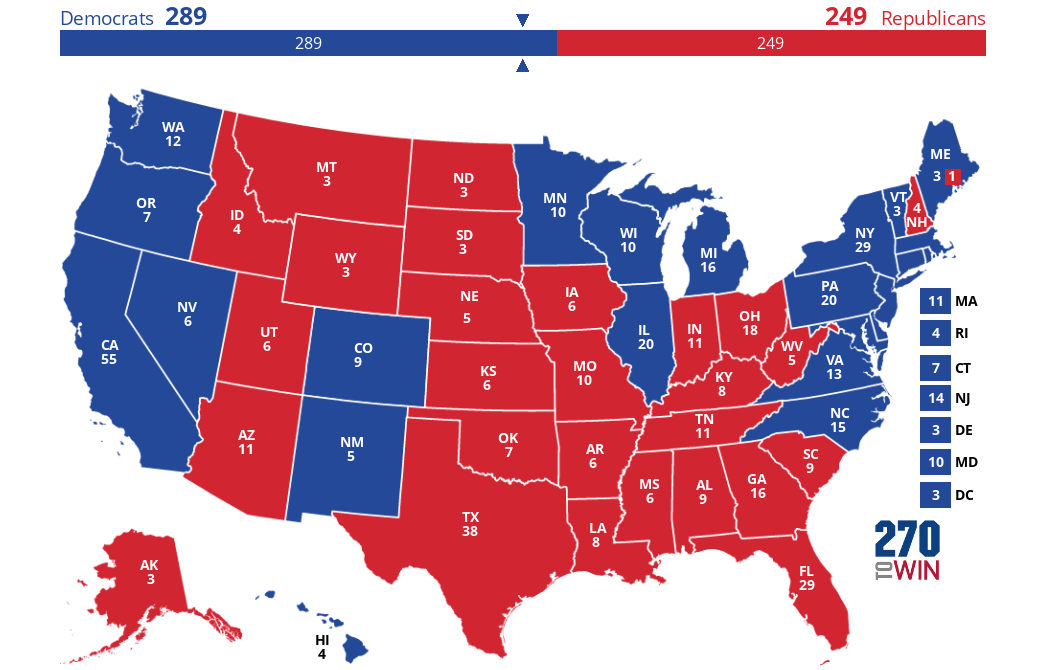The Trump transition team has officially
announced
that Georgia Rep. Tom Price will be the nominee for Secretary of Health and
Human Services.
This is another solid pick for
conservatives, coming off other recent announcements such as Nikki Haley for
U.N. ambassador and Jeff Sessions for Attorney General. Rep. Price has been a
leading opponent of Obamacare in the House, and has authored several potential
replacement bills of his own. He is also apparently the first medical doctor to
hold the position of HHS Secretary since George H. W. Bush nominated Louis Wade Sullivan
for the post, who served from 1989 to 1993. So far, Trump’s Cabinet is shaping
up to be better than anything many of us in #NeverTrump dared imagine.
Trump has apparently also chosen
Elaine Chao for Secretary of Transportation. Chao was Labor Secretary under
George W. Bush, Assistant Transportation Secretary under George H. W. Bush, and
is married to Majority Leader Mitch McConnell. Unlike Price, Sessions, or
Haley, she is more of a safe pick—qualified but low-key, and not likely to earn
much in the way of either determined opposition or lavish praise from conservatives.
Still, she is a solid choice for the job.
Less comforting is the continued drama
surrounding Trump’s choice for Secretary of State. Mitt Romney is apparently
still a top contender, along with Rudy Giuliani and now—apparently—former General
and CIA Director David Petraeus. Romney would be a strong choice, Giuliani less
so; over the course of the campaign, the latter has shown himself to be more of
a sycophant than the kind of determined leader many Americans remember from
9/11, and his business dealings in numerous countries, much like Trump’s, raise
serious questions about conflicts of interests.
Petraeus would also be a bad choice, but
for different reasons. The presence of yet another former general in a
high-ranking administration position, following the selection of Michael Flynn
for national security advisor and rumored selection of James Mattis for Defense
Secretary, is slightly concerning. I have no doubt that all three are good men
who love their country, and would do nothing to harm it. But it still sets a
worrying precedent, and degrades the fundamental American principle of having
the military overseen by a civilian government.
But worse is Petraeus’ conviction
for the mishandling of classified information. We just finished an election
where it should have become abundantly clear that having a secretary of state
who mishandles classified information is a very bad thing. It is true that
Petraeus has displayed far more remorse for his actions than Hillary Clinton
ever has. But he has also proven himself to be an unreliable keeper of state
secrets. And his selection would display the highest level of hypocrisy on the
part of Trump and his inner circle.
If yesterday’s meeting with Petraeus was
simply to get advice from a respected former general and CIA director, I’m all
for it. But Petraeus should have no official role in the incoming
administration, let alone be given the top diplomatic post in the country.

 Click the map to create your own at
Click the map to create your own at